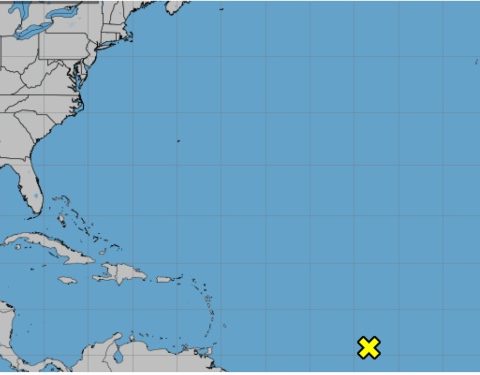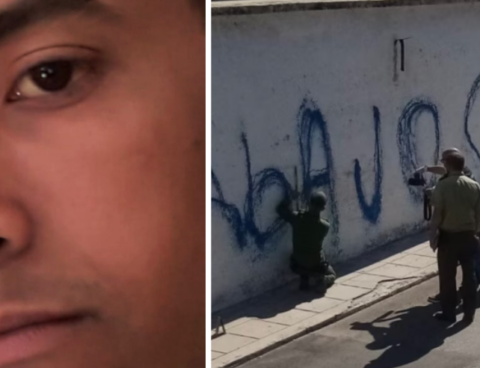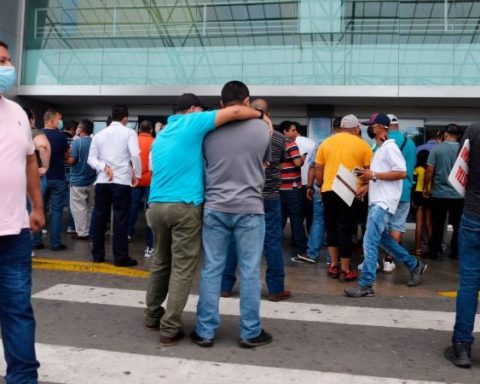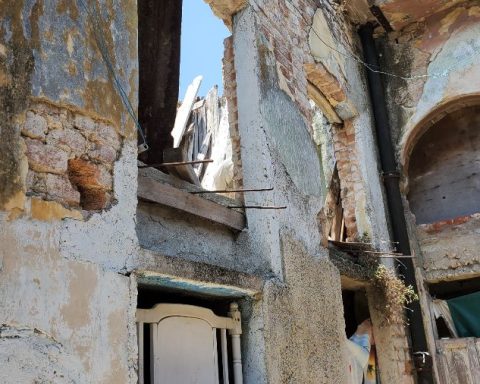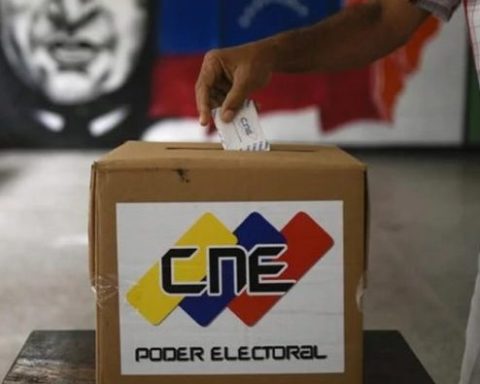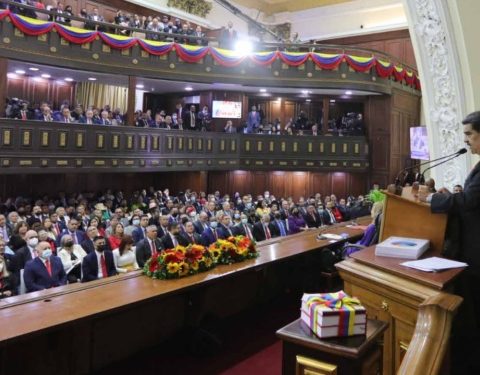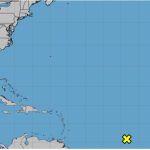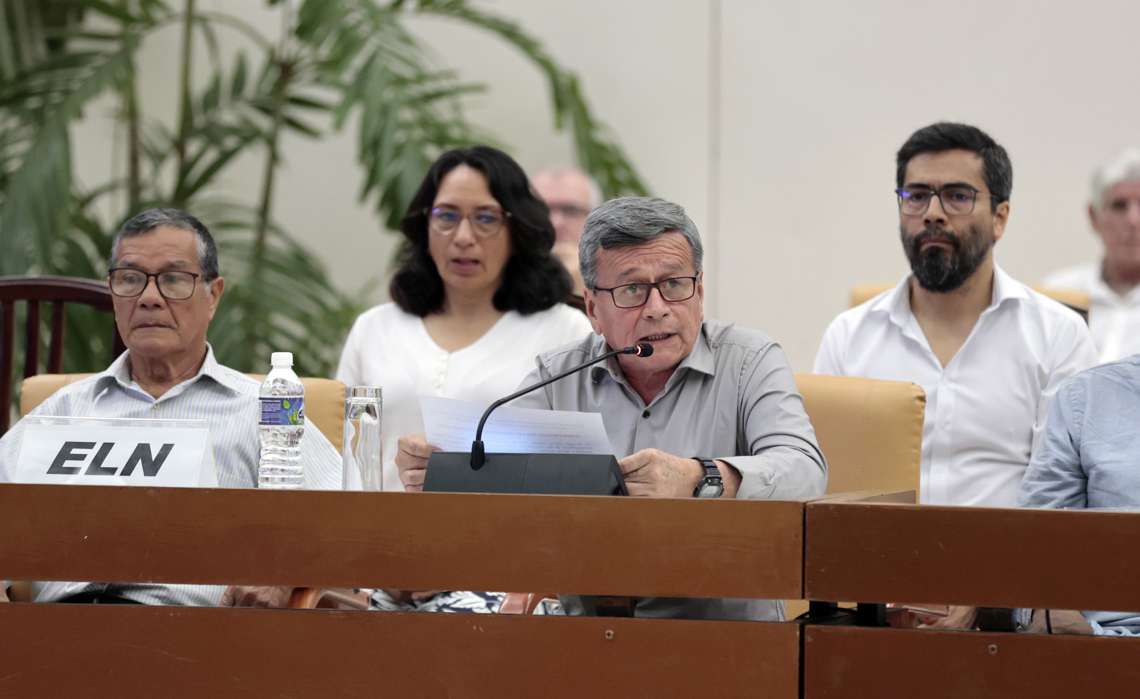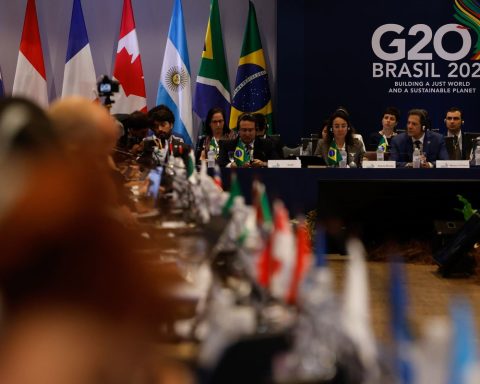MADRID, Spain.- More than 29,000 Cubans have entered the United States between January 5 and May 24 through the humanitarian parole program launched by the Biden administration at the beginning of the year, the interim undersecretary for Border Policy reported this Thursday. and Immigration of the United States Department of Homeland Security, Blas Nuñez-Neto, during a video conference.
The official stressed that there are not many Cubans arriving at the border without a CBP1 appointment, which he believes is due to legal programs.
In this regard, he recalled that people who are crossing the border illegally, without using the CBP One application, will be processed for expedited repatriation and this includes Cubans arriving by sea.
It is worth noting that recently the US Embassy in Havana alerted that those who attempt to enter the United States illegally will be disqualified from the humanitarian parole process.
Blas Nuñez-Neto also pointed out that Cuban, Nicaraguan, Venezuelan and Haitian citizens are being offered the opportunity to return to Mexico voluntarily to remain eligible to participate in this parole process.
“So there are options for Cuban citizens at the border, but if they insist on crossing illegally and going through the expedited repatriation process, they could be returned with repatriation orders to Cuba or Mexico,” he added in this regard.
“Since May 12, the United States has repatriated more than 22,000 individuals, including single adults and families, to more than 70 countries, and that number includes more than 1,300 citizens of Cuba, Venezuela, Nicaragua, and Haiti, who were returned to Mexico.” Núñez-Neto specified.
Recent changes in the humanitarian parole program
The humanitarian parole program, implemented last October for Venezuelans and extended in January of this year to Cubans, Nicaraguans and Haitians, to try to reduce illegal immigration, promises to receive 30,000 migrants from Venezuela, Haiti, Cuba and Nicaragua every month .
In the middle of the current month, the Immigration and Citizenship Service (USCIS) advertisement which began randomly selecting approximately half of the monthly total of Forms I-134A, regardless of date received.
The other half of the monthly total of Forms I-134A will be reviewed on a first-come, first-served basis based on the filing date of the case, prioritizing the oldest Form I-134A for review.
The changes in the program are due to the high number of applications received from sponsors, an amount “significantly higher than the 30,000 travel authorizations available monthly.”
According to USCIS, the changes are “intended to maintain a significant and equal opportunity for all beneficiaries of a Form I-134A to move forward in the process and request advance travel authorization.”

